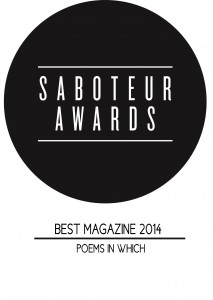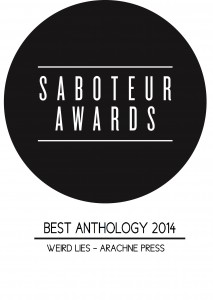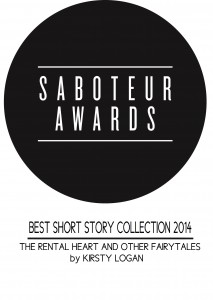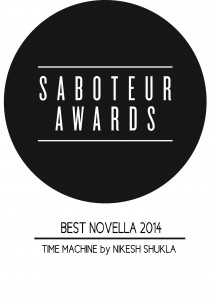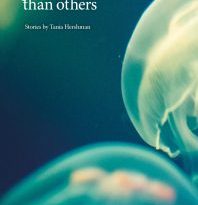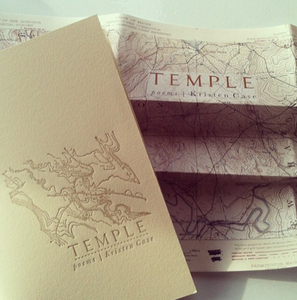Saboteur Awards 2014: Fiction
-In which Richard T. Watson sums up the categories he presented at the 2014 Saboteur Awards-
Best Magazine
Magazines are of course not limited to fiction, and many of this year’s nominees for Best Magazine have long-standing reputations for their printed poetry.
Not least of these was Rising, last year’s winner, still the champion of working-class poetry, described by one voter as ‘pre-digital and pro-danger’. The similarly poetic, although by contrast completely digital, Poetry Bus was described as an ‘independent, universal, outlaw magazine’. Nine Arches Press had their first of four nominations in Under the Radar, a poetry magazine from the Midlands described as ‘an excellent and accessible window on the contemporary poetry scene’. Despite its title, the swanky-looking Bare Fiction magazine in fact publishes (according to a voter) ‘exceptional’ poetry, reviews and ‘bold’ plays alongside short fiction in a ‘refreshing variety of content’.
But this year’s winner was the poetry magazine Poems in Which, publishing poems in which something happens, as defined in the title. Voters frequently described it as innovative and fresh, and one said,
‘They already have contributors most magazines would die for and it’s all knitted together with charm and pizazz’.
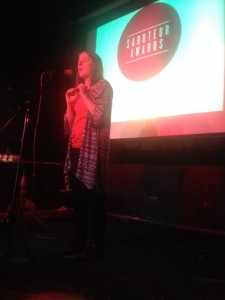
Best Anthology
This year’s Anthology award combined the previous year’s poetry and fiction awards into one, super-award for all kinds of anthologies. So voters were looking at publications with a variety of forms and combinations.
That variety gave us the combined poetry-and-visual-art anthologies Follow the Trail of Moths from Sidekick Books, and Drifting Down the Lane from Moon and Mountain. The second was described as ‘collaborative and inventive. Beautifully produced’, while the first celebrated the literary salons of Wayne Holloway-Smith and was a ‘Lovely souvenir of special evenings, quirky and gorgeous’.
The category also gave us the combined-poetry-and-prose Apple Anthology, which was the second nomination for Nine Arches Press (their others being in the Most Innovative Publisher category and Best Regular Spoken Word Event). Many comments described this literary analysis of the apple, with non-fiction contributions as well, as ‘tasty’ or ‘crunchy’ or…well, you get the idea. ‘A fascinating account of a juicy subject’.
Representing prose our shortlist included Women and Words, One, the first of an intended series collecting fiction and non-fiction reflecting bold women’s writing, published by Sabotage stalwarts Unthank Books.
The other prose entry, Weird Lies, published by Arachne Press, was the eventual winner. It collects together the weirdest and strangest of the stories submitted to the regular Liars’ League events held in London (an event which, of course, won the Best Regular Spoken Word Event Award), and was praised for:
the panache of their invitation to out weird the weirdest and the aplomb with which they make the unbelievable believable.
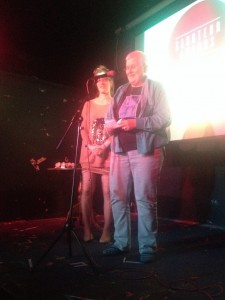
Best Short Story Collection
Our Best Short Story Collection featured a strikingly fresh field of collections, with the debut collection from previous Saboteur winner Jonathan Taylor (Kontakte and Other Stories) up against debut collections: May-Lan Tan’s Things to Make and Break, David Rose’s Posthumous Stories, Colin Barrett’s Young Skins and Kirsty Logan’s The Rental Heart and Other Fairytales.
Several of these writers have already been published, so it shouldn’t be surprising that one voter was able to describe Rose as a ‘master of philosophical thrillers’ whose work has a ‘consistency of quality’. Barrett’s ‘savagely original’ collection was described as ‘perfectly pitched’, while Taylor’s was ‘moving, tragi-comic, bathetic and yet fantastic, formally innovative, wonderfully knowledgeable’ and Tan’s ‘masterpiece’ was ‘sharp, startling, funny writing about achingly sad things’.
Kirsty Logan’s winning collection of modern and reworked fairy tales, however, was described as a ‘complete original – inventive, daring and full of humanity’, a ‘stellar collection of tales’.
Best Novella
As well as short stories, we celebrated the novella form this year, with our aptly-named Best Novella Award.
There was a properly international flavour to this year’s shortlist, with Marianne Villenueva’s Jenalyn featuring a Filipino girl who moves to America, and Hanna Krall’s Chasing the King of Hearts, a touching Holocaust-set love story that covers much of eastern Europe. Phillip Boehm’s translation of Krall’s book was described as ‘dry and matter-of-fact’ in our review, but also as a ‘tense and heart-breaking human story’ where genocide serves as backdrop to an epic love story. Villanueva’s book was described as ‘smart’ and ‘engaging’, with our reviewer and voters praising the use of Filipino dialect.
A little closer to home (or at least, the West) we had Johnny Monroe’s Season of the Needle, reviewed here by Best Spoken Word Performer 2014, Steve Nash, and elsewhere described as ‘Different and innovative, funny and poignant’. There was also Yorkshireman William Thirsk-Gaskell’s Escape Kit, a ‘quirky, surprising’ story of an escaping WWI Prisoner of War and a modern schoolboy taken hostage on the train to Stevenage.
Continuing the international theme was the winner Nikesh Shukla, with his novella about a British-Indian childhood and the importance of a mother’s cooking, The Time Machine. With recipes and discussion of Indian food in every chapter, many of the comments this winner attracted were laden with puns about it being a tasty book, a mouthwatering read and so on. But Overwhelmingly, the comments came down in favour of a balance between heartbreak and laughter, for example:
Heartbreaking, funny, wonderful premise, genuinely original’.
And our reviewer described it as:
a tale leavened with humour and seasoned with love


